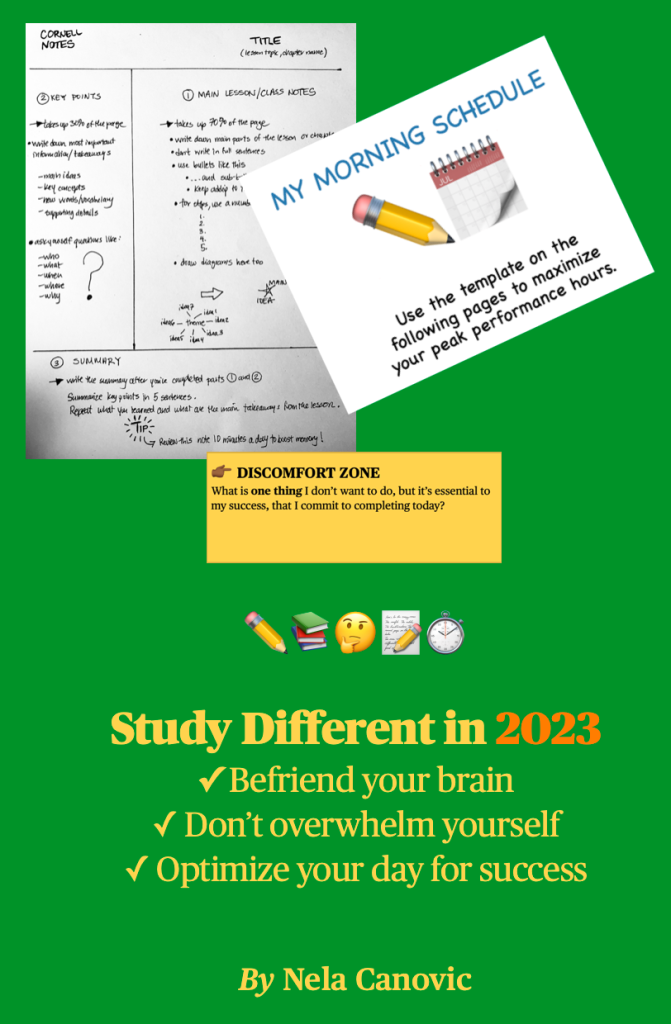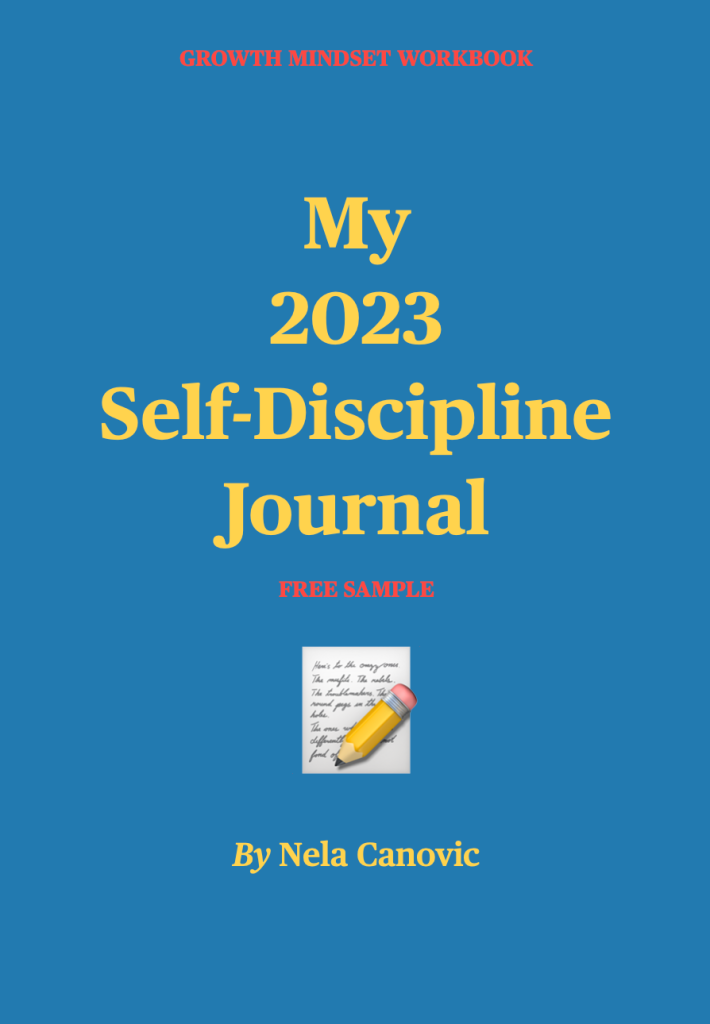
I don’t know about you, but I can’t believe we’re just a few days away from 2024. 😱
What to do with the remaining time?
One thing that’s natural to do is to take stock of the year and think about how we fared:
Did the year go as planned, or were there unforeseen events?
How did we deal with the changes?
What went well versus not that well?
Which goal was reached? And which one fell through the cracks?
What are we most proud of?
Where is there more room for improvement?
What do we want to do next? Why is this important to us?
I try to give myself a bit of time in the last few days of December to go over these and similar questions. The answers I come up with don’t have to be detailed; sometimes it’s just a few words in a short sentence. But this is a necessary step before moving on to any big plans for the new year.
If you’ve been reading my articles, you know that I’m a huge fan of the daily practice of self-discipline. It has become a lifestyle for me and I like to approach each goal from this perspective. To make goal-setting as well as everyday work more approachable, I keep a journal so everything is in one place.
I just created another journal for 2024, which is essentially an e-book I print out and use every day. The journal includes:
- Entries for one full week (Monday-Sunday)
- Each daily entry consists of five sections:
- a SITREP (situation report)
- The Discomfort Zone section (ways to build my “discomfort muscle”)
- The Work (this is my daily schedule)
- Push it Further section (a prompt on how I can increase my efforts by 5–10%)
- a Performance Review section (where I give myself a performance score)
- Templates to take advantage of each day
- A morning journal template to take advantage of peak performance hours
- Pomodoro session templates to complete short sprints of work based on the Pomodoro method
Using this format in the past year has made quite a difference. It’s straightforward, easy to follow, and frankly, it’s fun! Now all I do is print out the entire journal and use it daily to keep me on track, without having to come up with new prompts, questions, and answers each day. So it actually saves me some time too which is pure BLISS.
If you’d like to try on your own, you can download the journal here.
Wishing you all the best as we close the year and welcome in the new one! 🎉🎉





